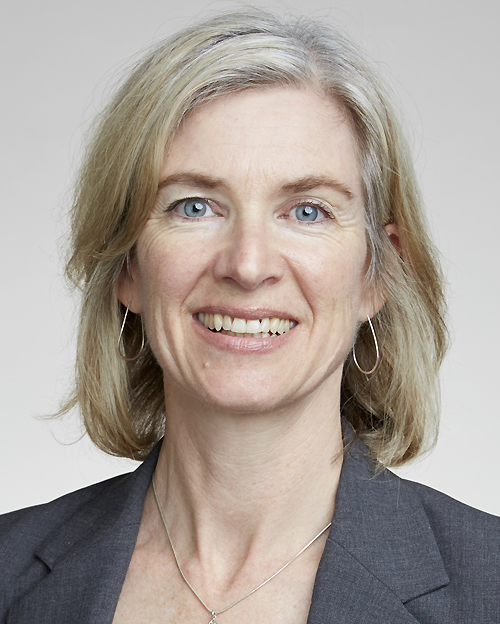The scientist who co-created CRISPR isn’t ruling out engineered babies someday
By Antonio Regalado,
MIT Technology Review
| 04. 26. 2022
The day I spoke to Jennifer Doudna was a tough day: the US Patent Office had just ruled against her university on CRISPR’s most important uses, handing the commercial rights to her rivals at the Broad Institute of MIT and Harvard.
Doudna is the co-discoverer of CRISPR editing, the revolutionary method for engineering genes that, 10 years after her original breakthrough, is now making its way into human trials. There’s an expanding list of applications in diagnostics and engineered plants; already researchers are exploring potential treatments to cure sickle cell disease, blindness, and liver disease. In 2020, she shared a Nobel Prize with fellow scientist Emmanuelle Charpentier. The two became the sixth and seventh women to win the award in chemistry.
Doudna heads the Innovative Genomics Institute at the University of California, Berkeley, and the work coming out of her laboratory continues to focus on the molecular details of how the CRISPR system works. Perhaps more than anyone, she has been able to relay to the public the formidable power of versatile gene editing as well as the possible...
Related Articles
By Scott Solomon, The MIT Press Reader | 02.12.2026
Chris Mason is a man in a hurry.
“Sometimes walking from the subway to the lab takes too long, so I’ll start running,” he told me over breakfast at a bistro near his home in Brooklyn on a crisp...
By Diaa Hadid and Shweta Desai, NPR | 01.29.2026
MUMBRA, India — The afternoon sun shines on the woman in a commuter-town café, highlighting her almond-shaped eyes and pale skin, a look often sought after by couples who need an egg to have a baby.
"I have good eggs,"...
By George Janes, BioNews | 01.12.2026
A heart attack patient has become the first person to be treated in a clinical trial of an experimental gene therapy, which aims to strengthen blood vessels after coronary bypass surgery.
Coronary artery bypass surgery is performed to treat...
By Staff, ScienceDaily | 01.05.2026
Scientists at UNSW Sydney have developed a new form of CRISPR technology that could make gene therapy safer while also resolving a decades-long debate about how genes are switched off. The research shows that small chemical markers attached to DNA
...




